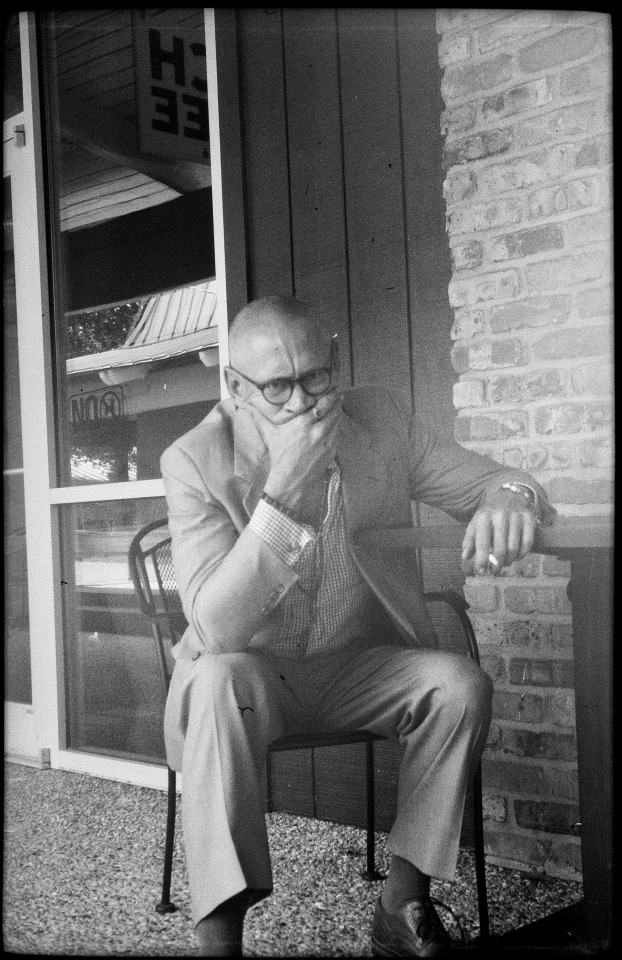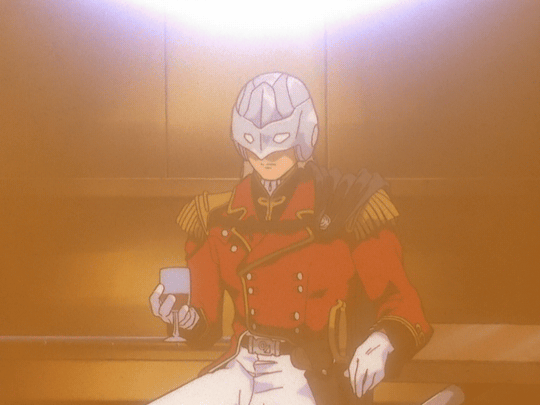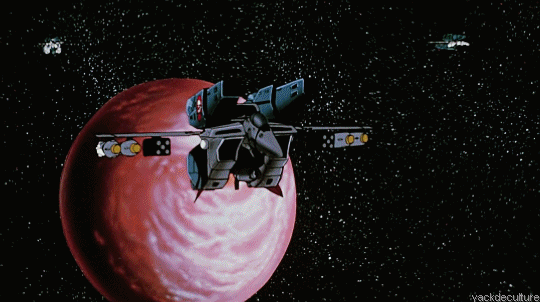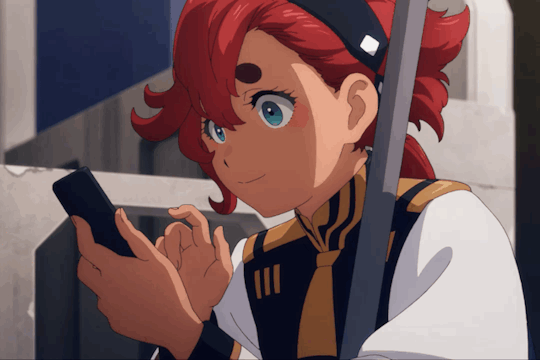Text
Breaking 3 Writing ‘Rules’:
If you have ADHD or ASC or are some other flavor of neurodivergent, the ‘rules’ many big name authors post about how they’ve reached success can actually make you feel REALLY BAD because you can’t always do the same thing.
Building a positive relationship with writing can make all the difference in getting you writing more.
‘Write every day.’ - Don’t write every day, write when the mood strikes. But you can trick your brain into work mode by trying different things. Put on your shoes when it’s time to write. Light a candle. Put on the same playlist every time. After a while, it’ll be like a light-switch. When you light the candle, your brain will find writing easier. Just don’t force it. When you try to force writing, you build up frustration and resentment if you don’t get anything out. Some days just won’t be writing days. That’s FINE, lots of authors don’t write every day (even if they say they do).
‘I write 1000 words every day!’ - Well, if you WANT to write and are struggling, a goal of 1000 words seems really far away. So do incremental goals. One sentence. One paragraph. 100 words. Usually by then you’re in the flow of things and you can write 1000 words pretty easy. And again, celebrate every single one of those goals so you want to keep doing it. One sentence, walk away, come back later, add another, GOOD JOB, two whole sentences!
‘Sit down and block out x hours every day just for writing.’ - Actually, the best way I’ve found to write is to tell my brain the deadline or end time is really, really soon - so I write in 20-30 minute chunks, and then walk away or take breaks and come back if I want to later. By setting that arbitrary shorter deadline, my brain can see an end and will work harder and focus more because it knows it’s just for a little bit. If 20-30 minutes is too long, start with 15 minute chunks.
3K notes
·
View notes
Text



I take a lot of pictures.
I often use silly, silly cameras.
This is one of those cameras.
Behold, portraits (on Rerapan 100 film) taken with the Vest Pocket Camera, a century-old folding camera that fits in your pocket.
#old ass camera#vest pocket kodak#vpk#kodak#film photography#film#127 film#medium format film#medium format camera#black and white film#black and white#portrait#portrait photography#HC's Pics#filmisnotdead#filmcamera#film is not dead#film is forever#film is alive#stay broke shoot film#analog#analog photography
4 notes
·
View notes
Text
Tanuki day!
Also holy fuck that ED was so fuckin' queer and magical girl and absolutely delightful.
Happy Suletta Sunday for all who celebrate it! 👋🍅
58 notes
·
View notes
Text
The Dialectical Humanism of Big-Ass Robots: An Intro
“There’s a deep, earnest seriousness to most mecha shows (especially within the “real robot” subgenre) that implores the audience to grapple with intricate ideas and themes drawn from philosophers like Aristotle, Nietzche, and Rousseau, oftentimes complete with allegorical mouthpieces for competing ideologies.”
My high school students always lose their shit when I tell them that I, Coach Werner, also watch anime. I kinda feel bad about it. By now, I know I’ll see the excitement die from their eyes little by little as they pepper me with questions, searching for a connection with show after show after show.
“Coach, have you seen Jojo?”
“Nope.”
“What about DBZ or Naruto?”
“Not since before you were born.”
“Attack on Titan? Utena? Tokyo Ghoul?”
“Not yet, though they’re on my list.”
“The fuck Coach? I thought you said you watch anime!”
When I tell them I mostly watch mecha, they get confused. After I explain that mecha are the ones with jumbo-sized robots, they groan. I’ve even had one kid say that didn’t count. As a general rule, I try to not let the opinions of 15 year olds hurt my feelings; I only docked his grade a couple points.

Whatever my students may think, oversized anthropomorphized robots have fascinated me since I was a kid. Over the years, as I’ve revisited shows from my youth and found new mechanized, cel shaded rabbit holes to tumble down, I’ve tried to figure out what exactly was so appealing about the genre. There’s definitely a bit of wish fulfillment, a sorta kaiju-sized power fantasy, sure, but that’s not all of it. Same with intricate sci-fi world building, and of course the thrill of pew-pew dogfights and beam saber duels. But none of those alone seemed to account for the whole thing. They’re all fun set dressing, definitely worth a watch on their own but not enough, I don’t think, to capture my imagination for nearly a quarter of a century.
This series, The Dialectical Humanism of Big-Ass Robots, started off as a rambling, borderline incoherent and definitely substance enhanced diatribe that tried to explain how excited I was for the first episodes of Mobile Suit Gundam: The Witch From Mercury. It feels right, though, both the name and the bigger through line.
There’s a deep, earnest seriousness to most mecha shows (especially within the “real robot” subgenre) that implores the audience to grapple with intricate ideas and themes drawn from philosophers like Aristotle, Nietzche, and Rousseau, oftentimes complete with allegorical mouthpieces for competing ideologies. There’s also the slightly goofy and always physics-defying “rule of cool” concepts of the robots themselves–I mean, who doesn’t want to see a boom cannon with angel wings, or a crucified rage monster, or transforming karaoke jets?–that can easily be laughed off as a kid’s cartoon. Any foolhardy (read: hubristic and dumbasstic) attempt to try to find unifying threads within such a wide and varied genre has to address both of those tendencies. Here, friend, you will find one such foolhardy attempt.

Mecha anime, more than any other subgenre, has a fundamental tension summarized by two infuriatingly simultaneous, contradictory truths:
Anthropomorphized mechs bring out the best in humanity, allowing us to overcome our flaws and leap forward into a better future.
Anthropomorphized mechs feed into the worst traits of humanity, allowing us to destroy ourselves in new and technologically advanced ways.
Those two overwhelmingly common truths, when taken together, can be summarized in fancy philosophy jargon with just two words: dialectical humanism.
Dialectics is a concept pioneered (in the West, at least) by Georg Wilhelm Friedrich Hegel during the late 18th and early 19th century. There’s literally a whole field of study called “Hegelian Dialectics” that we’ll touch on from time to time, but the main thing to know is that two mutually exclusive and contradictory ideas are often both true at the same time.
Humanism has a long, fraught history, but the most common Western interpretations stem from Enlightenment-era ideals. Essentially, humanism boils down to the belief that humankind can progress beyond its animalistic nature through a combination of empathy and rational thinking. Again, we’ll be touching on a whole slew of humanist thinkers throughout this series.

So that’s The Dialectical Humanism of Big-Ass Robots. I feel like mecha shows–from Astro Boy to Zeta Gundam, and almost everything in between–play with this dialectic, where the mechs themselves represent humanity’s ultimate destruction and ultimate salvation simultaneously. Sometimes we struggle to survive, sometimes we overcome and thrive, and sometimes we find ourselves transformed into an ocean of pink goo.
In this series, we’ll look at:
Magical Newtype Bullshit and radical empathy
Depression, memory, and trauma, and why Shinji can’t just get in the fucking robot
The power of music (and love, hope, and propaganda) in a transforming space city
And much, much more.
Now, if you’ll excuse me, I have to go watch a Tanuki pilot a Gundam.

#the dialectal humanism of big-ass robots#dhbar#HC Werner scribbles#neon genesis evangelion#gundam wing#mecha#macross#gundam witch from mercury#gundam wfm#evangelion#rebuild of evangelion#astro boy#transformers#voltron#power rangers#tanuki#suletta mercury#mobile suit gundam#gundam iron blooded orphans#iron blooded orphans#shinji#get in the robot#witch from mercury#g witch
113 notes
·
View notes